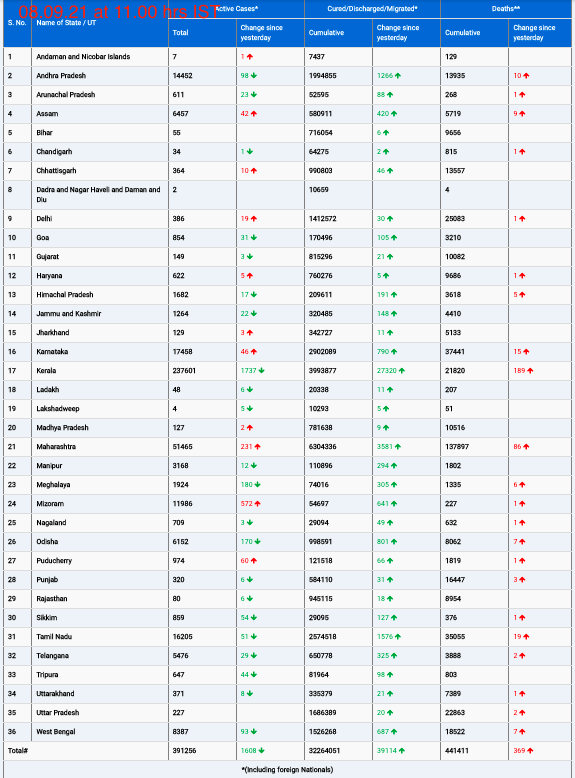A groundbreaking study led by researchers from University College London (UCL) suggests that individuals at risk of Alzheimer’s disease may exhibit impaired spatial navigation abilities years before the onset of other cognitive symptoms. Published in Alzheimer’s & Dementia: The Journal of the Alzheimer’s Association, the research sheds new light on early diagnostic markers for the condition.
Utilizing virtual reality (VR) technology, the study examined the spatial navigation skills of 100 asymptomatic midlife adults aged 43-66, all of whom were part of the PREVENT-Dementia prospective cohort study. These individuals were at risk of Alzheimer’s disease due to genetic factors (APOE-ε4 allele), family history, or lifestyle factors such as low physical activity levels.
Led by Professor Dennis Chan and his team from the UCL Institute of Cognitive Neuroscience, the study employed a specially designed VR navigation test created by Dr. Andrea Castegnaro and Professor Neil Burgess. Participants wore VR headsets and were tasked with navigating within a virtual environment.
The results revealed that individuals at greater risk of developing Alzheimer’s disease exhibited selective impairment in spatial navigation, irrespective of their specific risk factor, while performing well on other cognitive tests. This suggests that spatial navigation deficits may emerge as one of the earliest signs of Alzheimer’s disease, potentially decades before other symptoms manifest.
First author Dr. Coco Newton, from the UCL Institute of Cognitive Neuroscience, highlighted the significance of the findings: “Our results suggest that changes in navigation behavior could represent the earliest diagnostic signal in the Alzheimer’s disease continuum.”
Interestingly, the study also uncovered a notable gender difference, with spatial navigation impairment observed primarily in men and not women.
The researchers are now working towards developing a diagnostic clinical decision support tool for the National Health Service (NHS) in the UK, aiming to facilitate timely and accurate diagnosis of Alzheimer’s disease, particularly crucial in light of emerging anti-amyloid treatments that are most effective in the disease’s early stages.
Dr. Richard Oakley, Associate Director of Research and Innovation at Alzheimer’s Society, emphasized the importance of early and accurate diagnosis in accessing appropriate support and treatment. He highlighted the study’s innovative use of VR technology and its potential to offer insights into disease-specific changes early on, paving the way for improved care for individuals living with dementia in the future.
The research, conducted in collaboration with the University of Cambridge and jointly funded by the Alzheimer’s Society and an MSD research grant, marks a significant step forward in Alzheimer’s research and early detection strategies.












